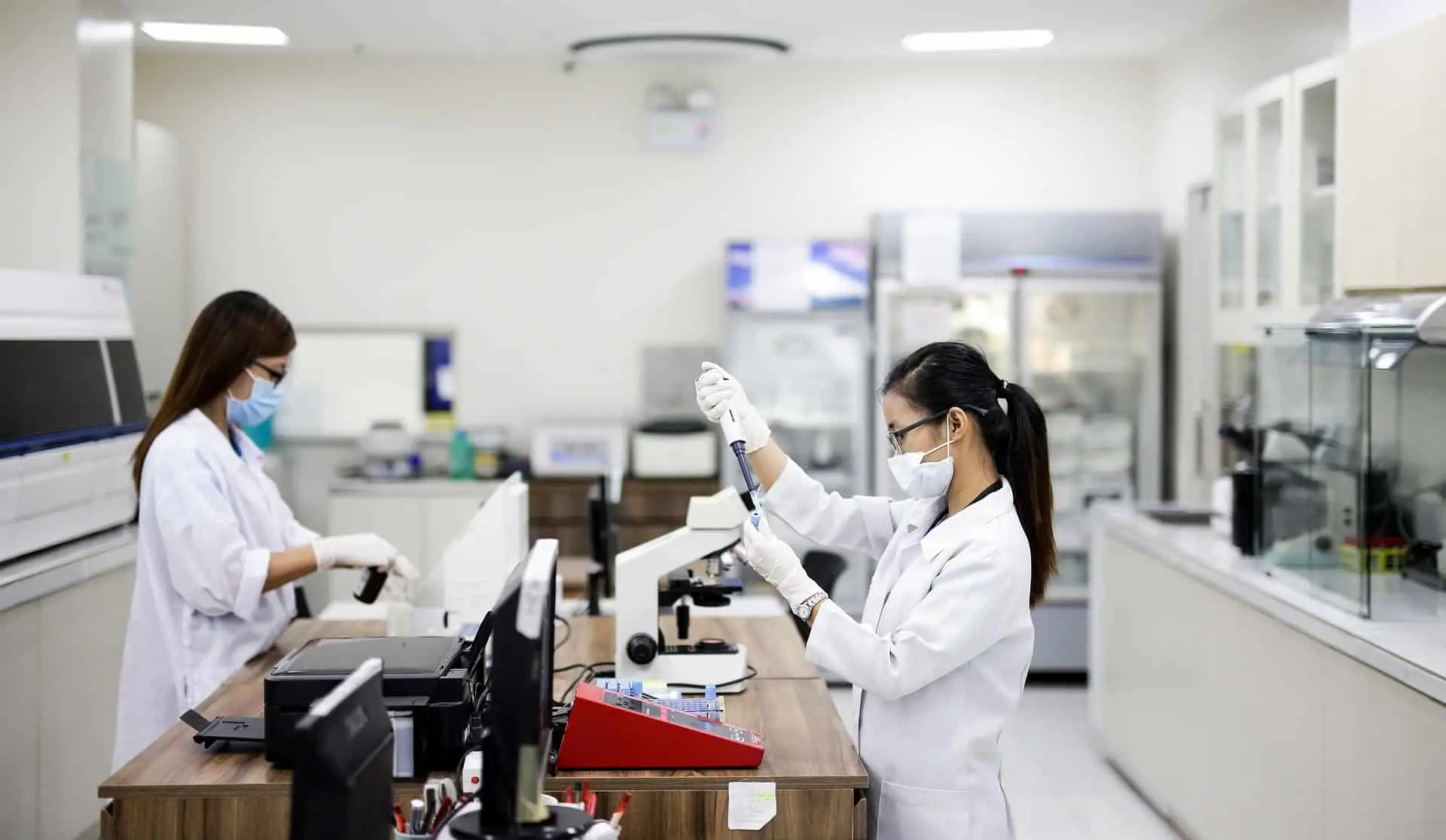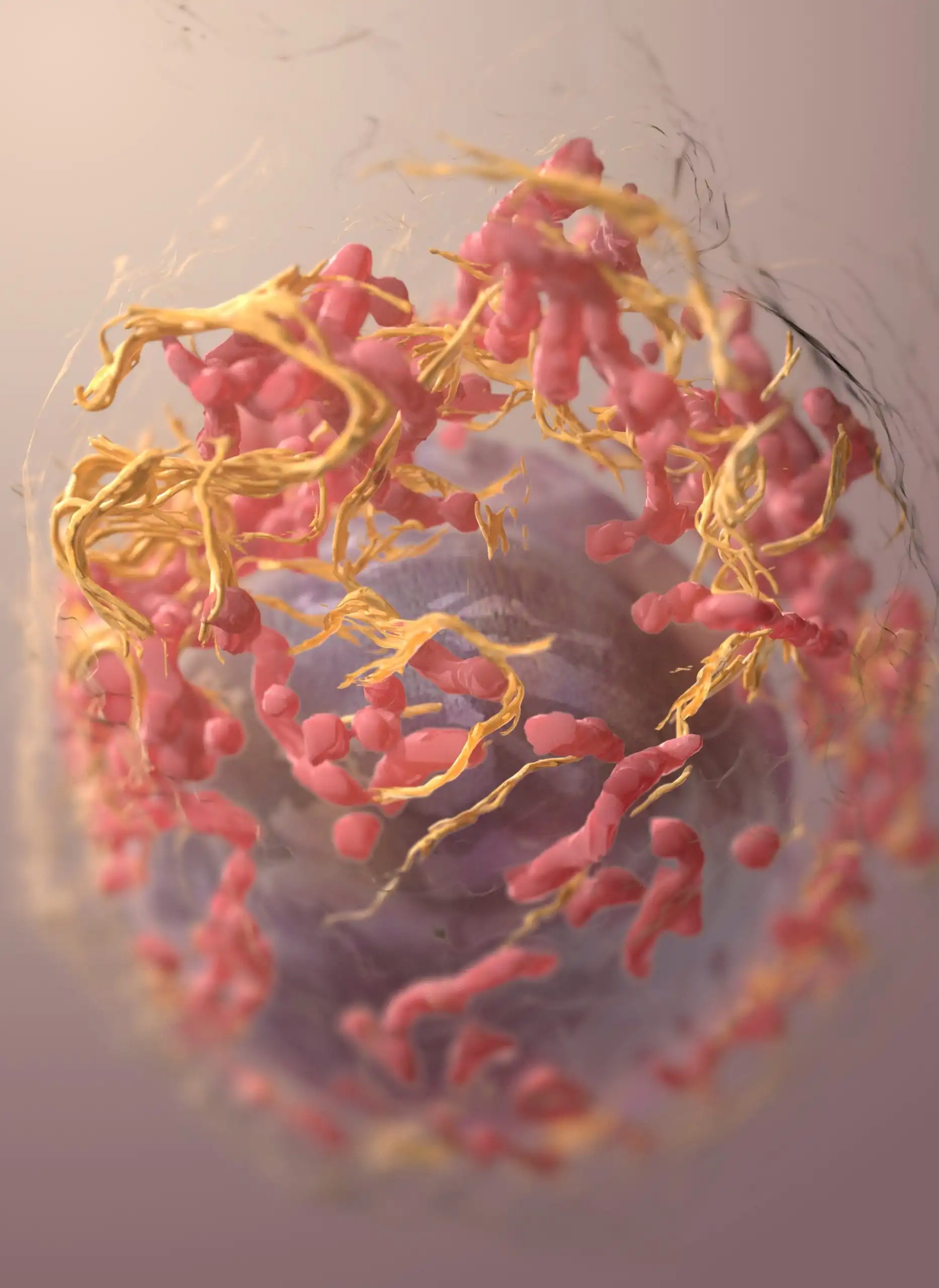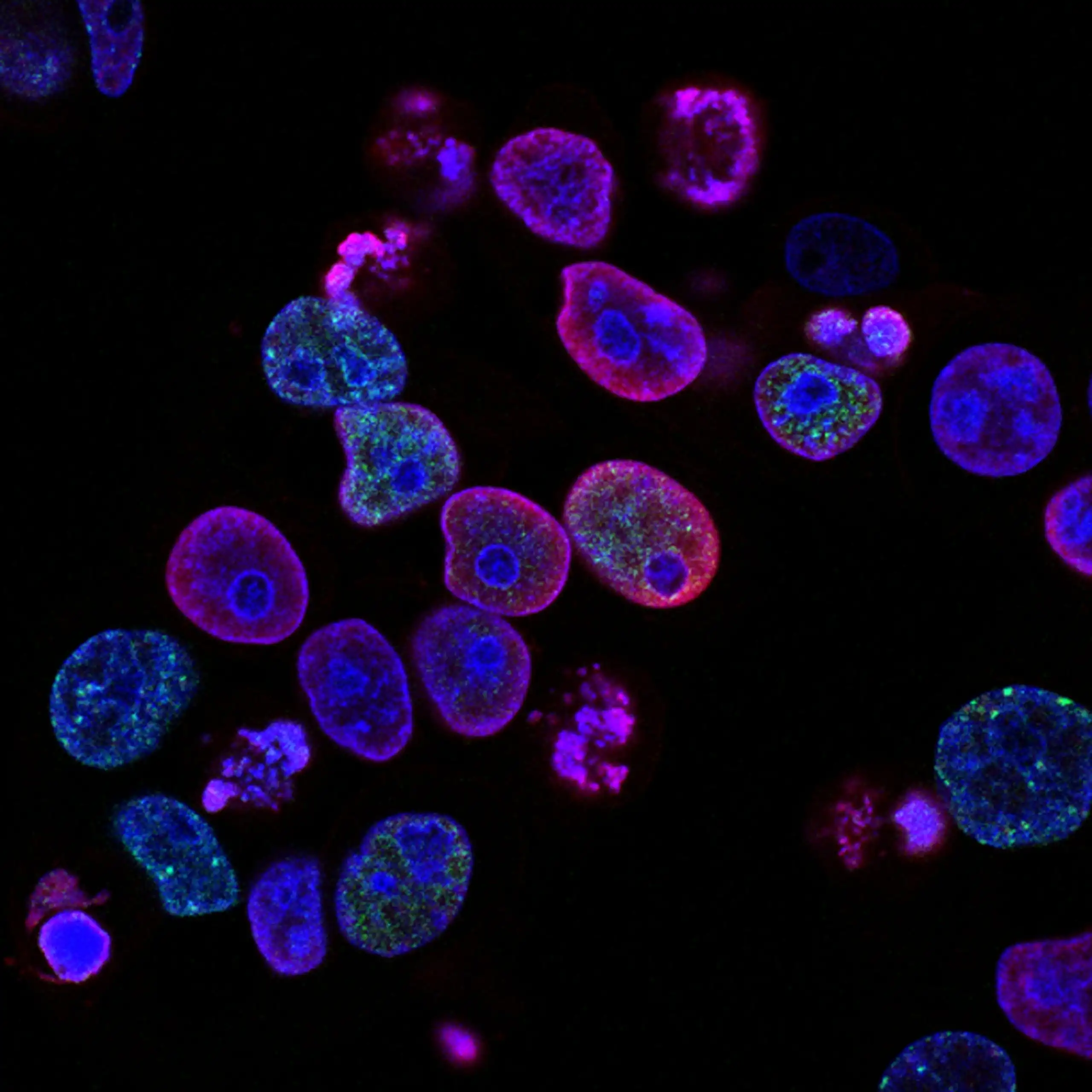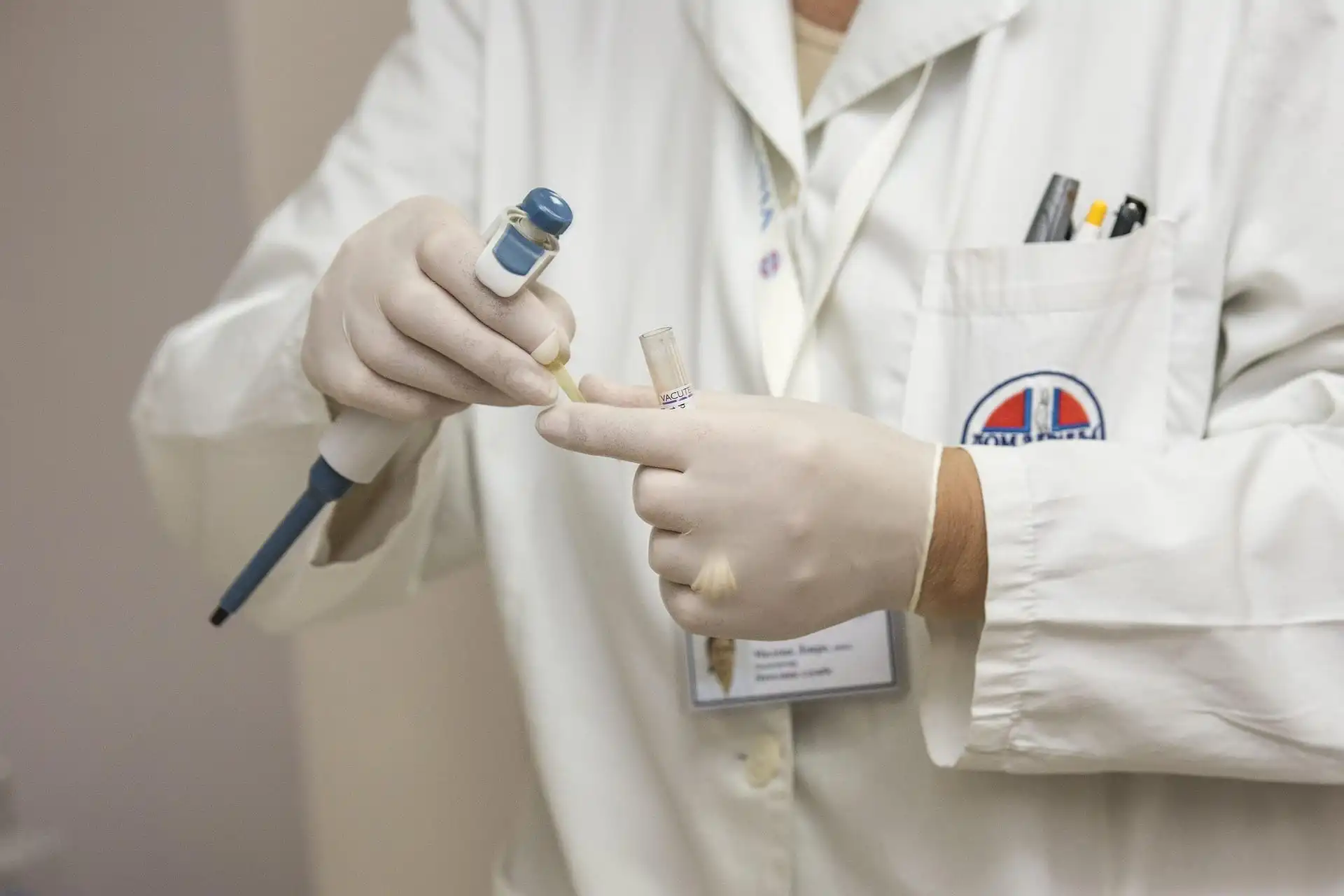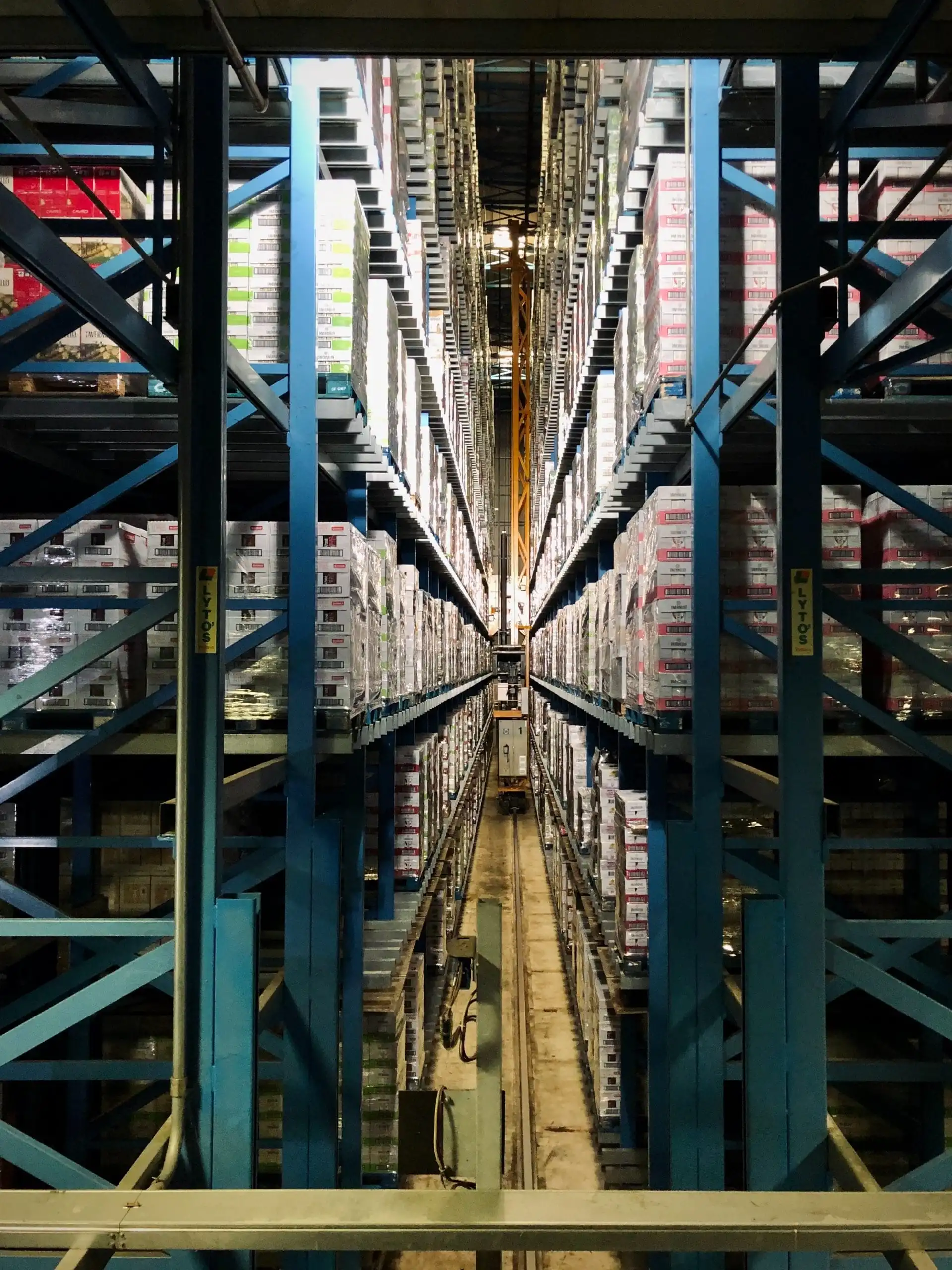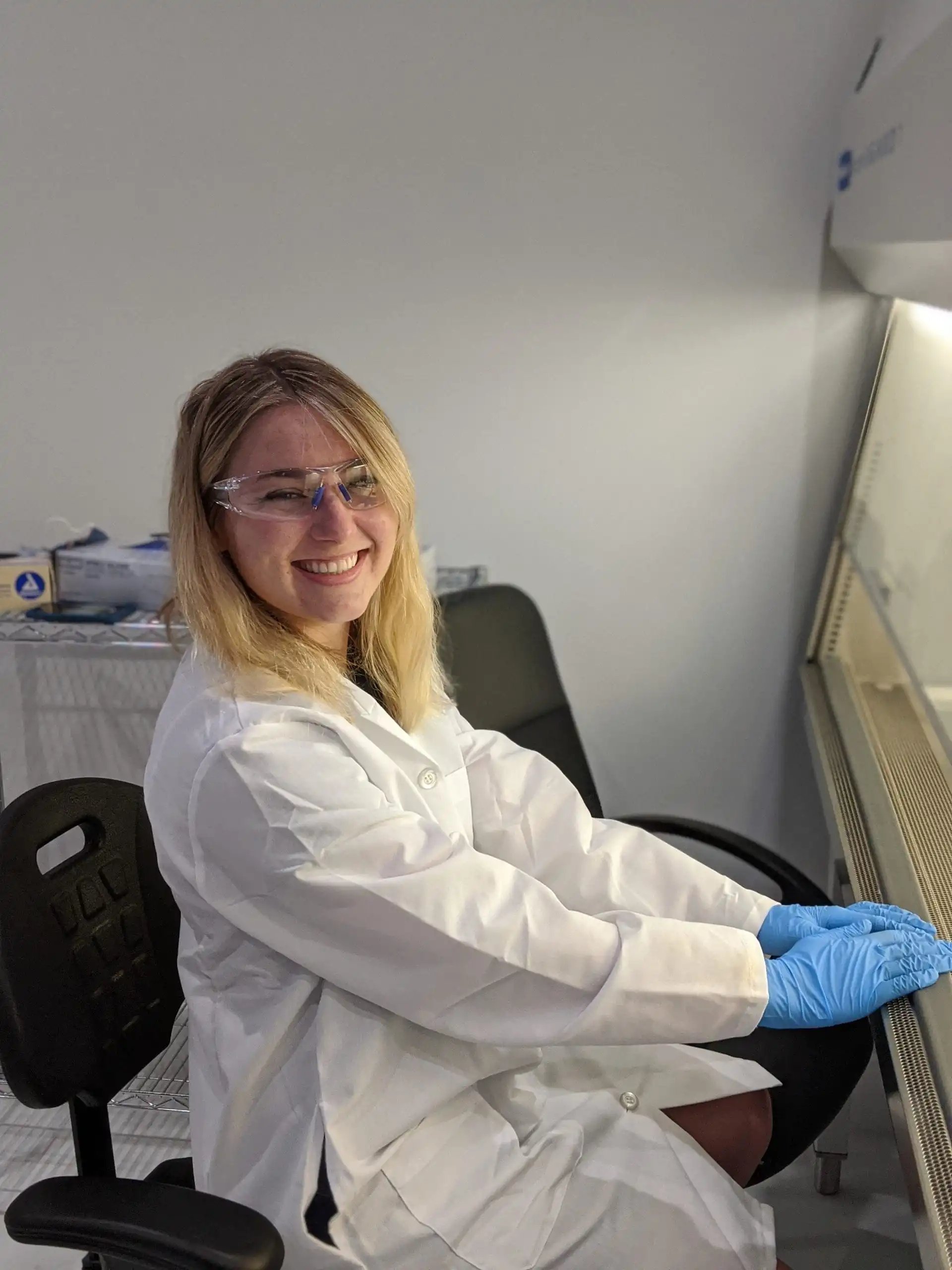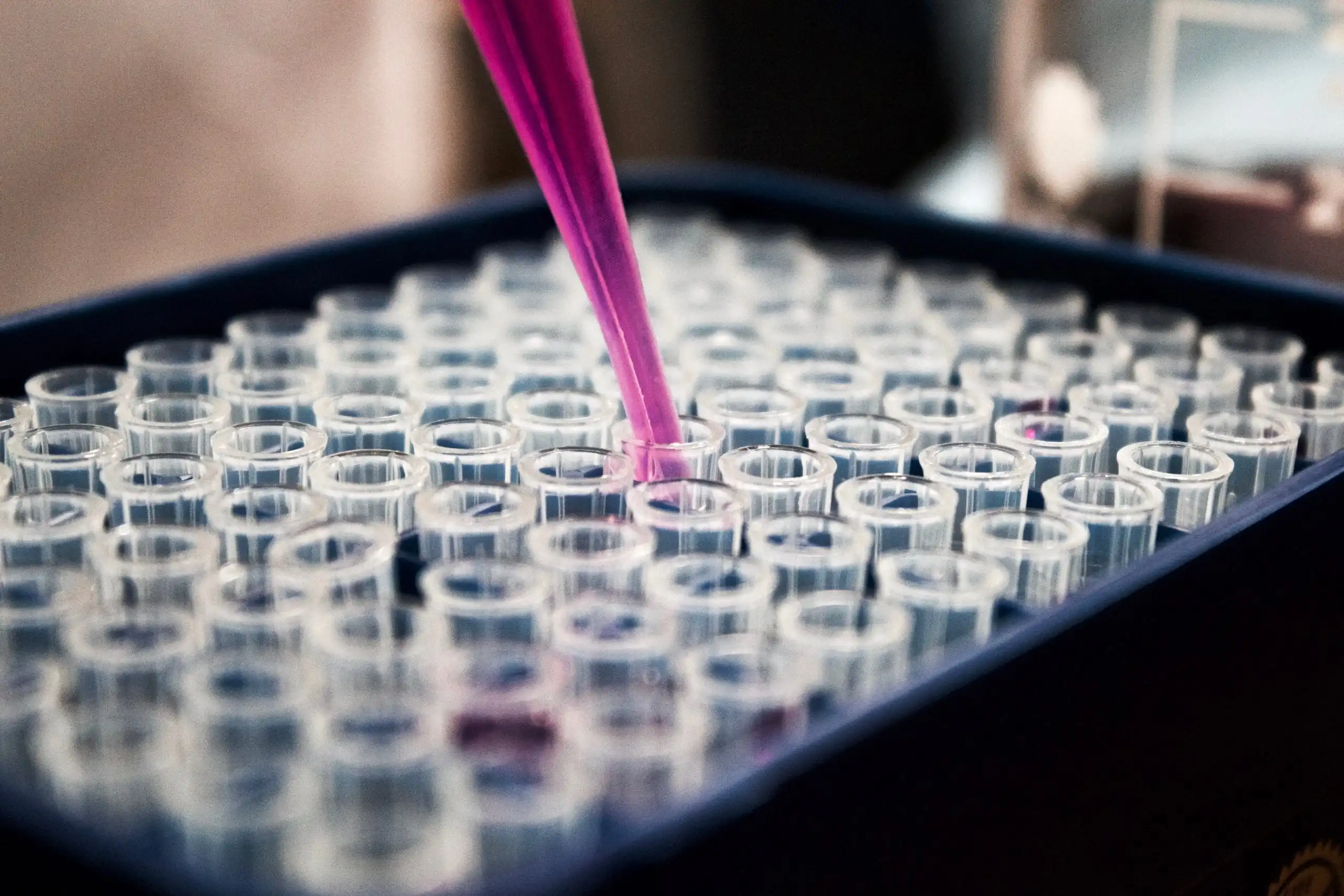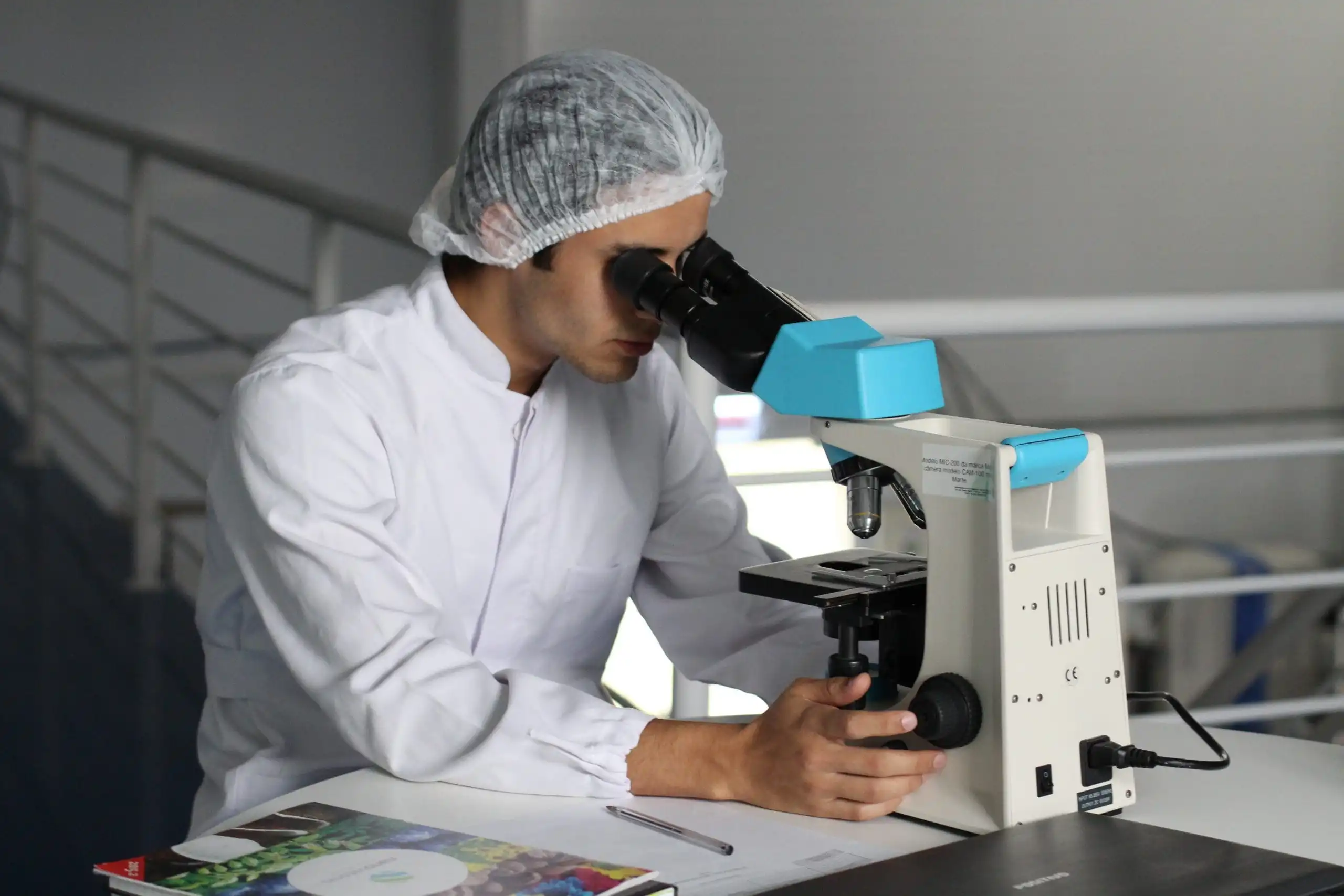
Photo by Hal Gatewood
Immunization stands as one of the most effective and impactful public health interventions in history. Within the realm of pharmacy, immunization plays a crucial role in safeguarding individuals, communities, and global health. This article delves into the significance of immunization within the pharmacy domain, highlighting its benefits, challenges, and the role of pharmacists in promoting and administering vaccines.
Want to buy GMP API pharmaceutical ingredients ?
MedicaPharma ensures access to GMP active pharmaceutical ingredients across multiple resilient global supply chains. Click here to view a full GMP API product list.
MedicaPharma is capable of supplying all GMP materials needed; our experience with sourcing materials that are difficult to obtain makes us the ultimate choice; just challenge us, we will find any material you need.
Add your Chemical Name below and click GO
Get your requested raw materials quotation
Table of Contents
The Power of Immunization
Immunization is a cornerstone of preventive medicine that helps the body develop immunity against infectious diseases. Vaccines stimulate the immune system to recognize and combat specific pathogens, thereby preventing illness, reducing morbidity and mortality rates, and eradicating or controlling dangerous diseases. By immunizing populations, pharmacy professionals contribute to building healthier societies.
Get your requested raw materials quotation
Expanding Pharmacist Roles
Pharmacists have traditionally been trusted healthcare providers, offering expertise in medications and patient care. However, their role has expanded to include administering vaccines in many countries. This shift has empowered pharmacists to directly contribute to immunization efforts, increasing accessibility and convenience for patients. They are often positioned as readily available immunizers in communities, offering services in retail pharmacies, clinics, and other healthcare settings.
Improving Accessibility and Convenience
Pharmacies are typically accessible to the public, with extended hours and multiple locations, making them convenient vaccination centers. By leveraging their accessibility, pharmacists enhance the reach and uptake of immunization, ensuring more individuals receive recommended vaccines. This is especially crucial for individuals who may face barriers, such as limited access to healthcare facilities or time constraints.
Education and Vaccine Advocacy
Pharmacists play a vital role in educating patients and the general public about the importance of immunization. They dispel myths and address concerns, emphasizing the safety, efficacy, and necessity of vaccines. By providing evidence-based information, pharmacists contribute to vaccine literacy and help combat vaccine hesitancy, which is essential in promoting public health and achieving high immunization coverage rates.
Administration and Clinical Expertise
Pharmacists possess a deep understanding of medications, drug interactions, and patient health profiles, making them well-equipped to administer vaccines safely and effectively. They undergo training and maintain proficiency in vaccine administration techniques, ensuring proper storage, handling, and injection. Pharmacist-administered immunizations provide patients with a convenient and reliable option while also promoting pharmacist involvement in the overall healthcare team.
Get your requested raw materials quotation
Collaborating with Healthcare Providers
Pharmacists are integral members of the healthcare team and actively collaborate with other healthcare professionals to optimize patient care. Within the realm of immunization, pharmacists work closely with physicians, nurses, and public health officials, participating in vaccine distribution, surveillance, adverse event reporting, and vaccination campaigns. This multidisciplinary collaboration strengthens immunization efforts and fosters coordinated healthcare delivery.
Overcoming Challenges
While pharmacists’ involvement in immunization has been pivotal, some challenges exist. These include vaccine supply and storage requirements, maintaining cold chain integrity, addressing vaccine hesitancy, and navigating legal and regulatory frameworks. Pharmacists must stay informed about vaccine schedules, contraindications, and evolving guidelines to provide accurate information and ensure patient safety.
Future Opportunities
The role of pharmacists in immunization is expected to continue expanding. With ongoing advancements in vaccine development and emerging infectious diseases, pharmacists will play an increasingly crucial role in combating these threats. Additionally, the potential inclusion of pharmacists in vaccination campaigns during emergencies or pandemics further underscores their significance in public health preparedness.
Where to Buy GMP-Grade CDCA
MedicaPharma is an EU-based API supplier and distributor that leverages relationships with the world’s leading manufacturers to provide clients and partners with high-quality GMP-certified APIs and raw materials. Click here for a product list.
Conclusion
Immunization is a vital component of preventive healthcare, and pharmacists are key players in its successful implementation. Through their expanded roles in administering vaccines, providing education, and collaborating with healthcare providers, pharmacists contribute significantly to protecting individuals, communities, and global health. By recognizing the importance of immunization and supporting pharmacists’ involvement, we can continue to build healthier, more resilient societies.




